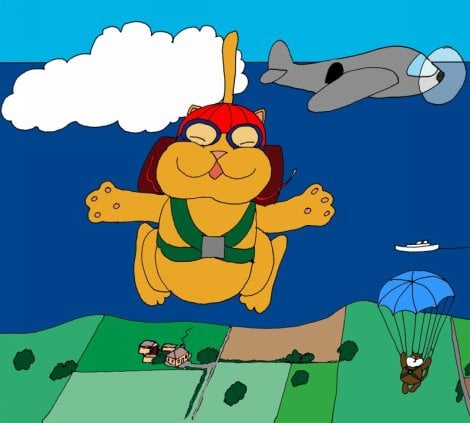This Forum will close on Wednesday 27 March, 2024. Please refer to the announcement on the Discussions page for further detail.
Small black thin insect interested in my Bee Hotel
 NewBoy2
Posts: 1,813
NewBoy2
Posts: 1,813
I have seen a 1 inch long very thin black insect with an ants head and what looks like a second body shape sticking up from its back . There is also a lighted colour tail on the second body part. It was interested in the cells in my bee hotel that had recently been filled by a bee laying its eggs. I dont have a camera.Any thoughts as to what it could be and is it harmful to my bees
Everyone is just trying to be Happy.....So lets help Them.
0
Posts
A glow worm's never glum
Cos how can you be grumpy
When the sun shines out your bum!
Gardening in Central Norfolk on improved gritty moraine over chalk ... free-draining.
In the sticks near Peterborough
Id suggest you carry on making efforts to help the wildlife as you are, but if nature takes charge of a decision, leave it to it. It’s been doing it a long time and is better at it than we are!